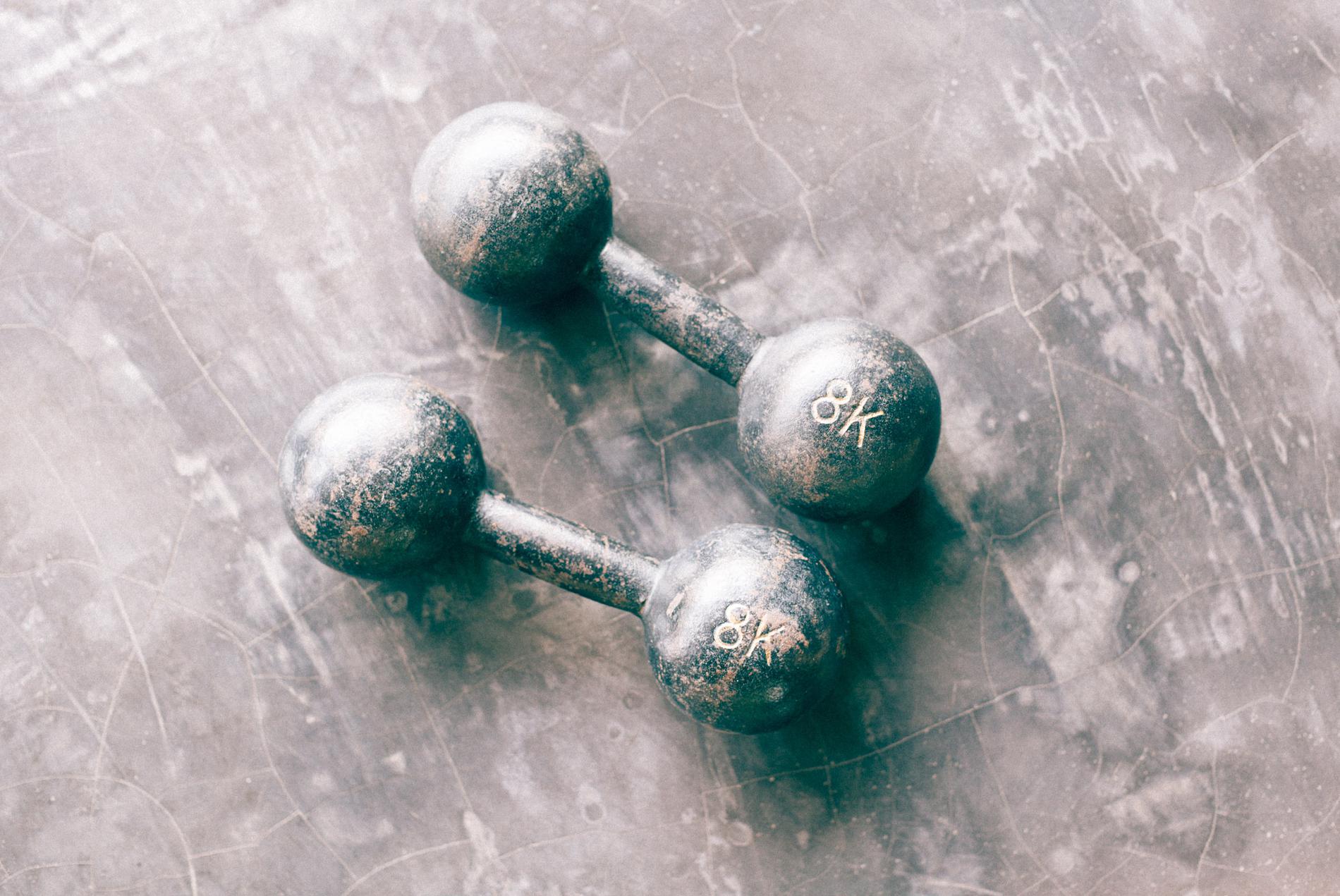
Dakota Szola
July 21, 2021, noon

Have you ever been waiting in line at the grocery store to pay for your groceries and glanced at the magazines to read what celebrity is getting a divorce? Next to that article you may find yourself reading how to lose inches, and next to that a delicious chocolate cake recipe. Two complete opposite messages being presented on a single page. This is diet culture.
As a teen and young adult, I worked in the bodybuilding industry selling ‘health’ products that claimed to assist people in leading a healthier life; often consisting of protein powder, weight loss products, energy boosters and strength builders. I was completely engulfed in the fitness world, often taking these products and hitting the gym every day hoping to see results. I was hard on myself about the way I looked, and not enjoying my life due to rigid workout and diet schedules. I felt like a failure, as I continued to see that I didn’t look like the people in the body building fitness columns. I failed to recognize that I was experiencing unhealthy eating and exercise behaviour.
These health products are marketed in a way that elicits hope that you can change your appearance -- they are directly tied to your emotions. What is not talked about is the idea that your genetics play a major role in how you look and how your body changes. I have witnessed people again and again come back to the store disappointed that a certain product did not change how they looked. I do not believe that changing one’s body composition will amount to a great deal of changes in how one feels about themselves. That is the thing about eating disorders: you change your body and reach your goals, but it is never enough; one is never satisfied with how they look. One major part of the body that people tend to forget about is their brain. Our brain needs to be healthy in order to feel good about ourselves and who we are. This includes fuel and rest. Often, bodybuilding puts a limit on rest and a cap on food intake.
Many years later and with reflection, I am able to understand the unhealthy behaviour that I exhibited. I also am now able to understand and reflect on the bodybuilding industry in a whole new light. Many of the people I sold products to were just like me; trying to live up to what society tells us our body should look like. I saw first-hand how hard bodybuilding and bikini competitions are on the body. I have listened to several ex-competitors explain how the body building industry and competition was their false escape to gaining control over their body and what they put in it. Often, their body felt tired, malnourished and their mind was not at peace. They continued to be hard on themselves by putting down the way they looked and overall felt anxious, stressed and unhappy. Companies and media want people to feel this way, they make money off of the way that people feel. Society insists that we look a certain way, but they also want us to eat chocolate cake too.
I still enjoy going to the gym, but I go because it makes me feel good. I am more aware of these negative beliefs about my body and diet. The gym helps me relieve stress, makes me happy and helps me connect with other people, or sometimes it allows me to be alone. I have changed my perspective on supplements and examined my ‘why’ before I choose to incorporate them into my diet. Awareness of diet culture and analysing products, marketing and the bodybuilding industry has made me a better consumer and counsellor.
Author's Bio
My name is Dakota Szola and I am a counsellor who has been working towards her Masters of Counselling Psychology. I have focused the majority of my grad school research on eating disorders and hope to continue to work with people who identify with disordered eating and negative exercise patterns. I have had personal experiences with the bodybuilding industry which has fuelled my passion for this work. I have worked with a variety of people who struggle with low self-esteem, negative body image and a lack of self-worth. It is my goal to bring awareness to diet culture and the idea that our societal norms help shape our beliefs about ourselves.
You can find me on Facebook and Instagram at Dakota Szola Counselling.

Nov. 26, 2019, 7:26 p.m.